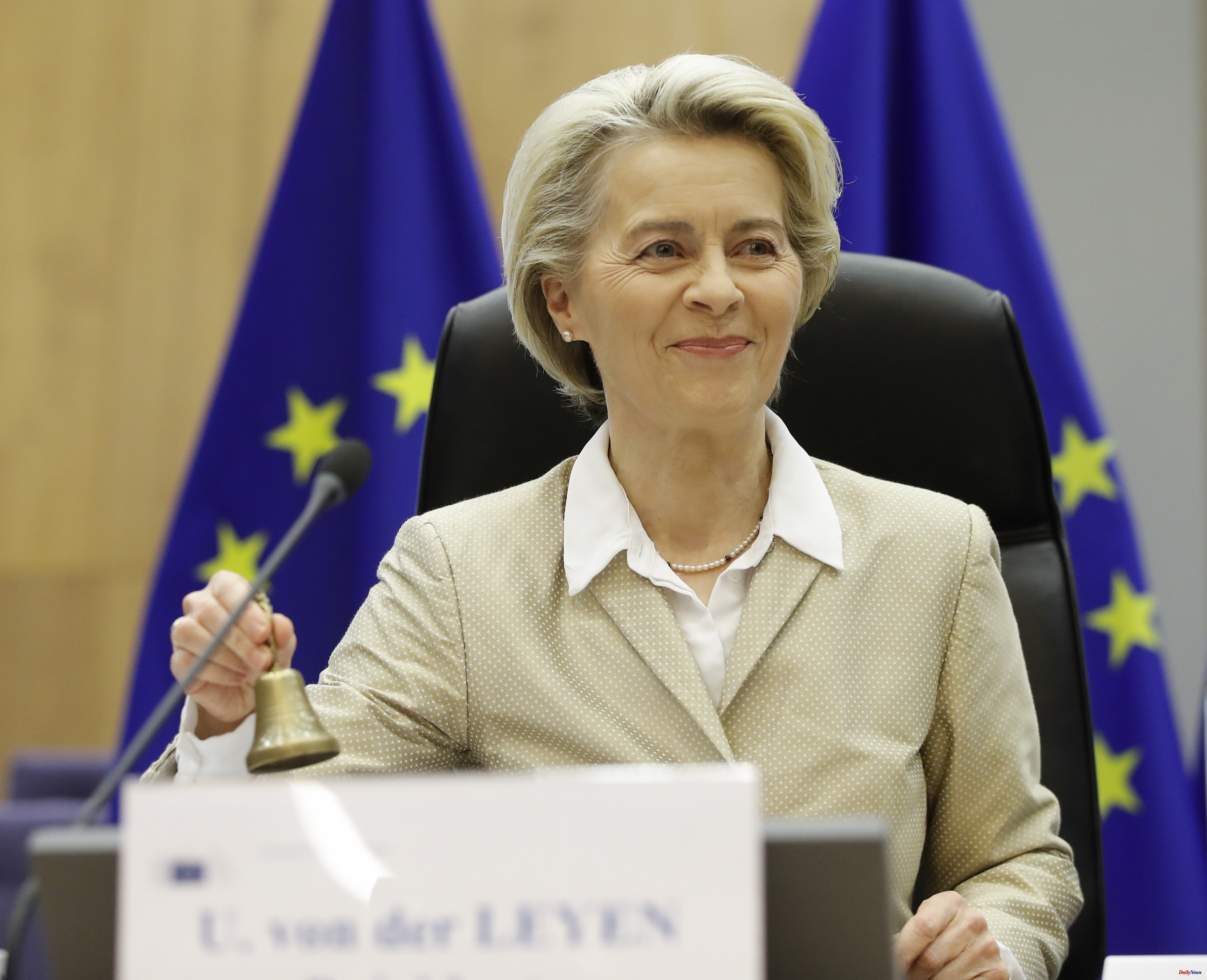The European Commission has given this Thursday what seems to be the first step so that the 'Big Tech' can end up assuming part of the cost of financing the networks, as the continental operators have been demanding for years. The big 'telecos', such as Telefónica, Orange, Deutsche Telekom or Telecom Italia have long been pressing for the giants that benefit from their infrastructures and services to cover part of their costs as well. The main content providers, such as Meta, Netflix. Apple, Microsoft, Google or Amazon account for more than half of the internet data traffic, they say, and it is not fair that hundreds of billions come in when others provide the media.
The European Commission, which receives pressure and lobbying from all parties, including governments, has been mulling over the idea of a consultation such as the one announced today, and which is the first step, throughout the legislature. During the next 12 weeks, Brussels will listen to the requests, complaints and formal contributions of all the actors, state, public and private, organizations, employers and civil society. With that information, "it will consider the most appropriate actions for the future of the electronic communications sector."
The Commissioner for the Internal Market, the Frenchman Thierry Breton, seems more than receptive. "The exploratory consultation is part of an open dialogue with all interested parties on the potential need for all actors who benefit from the digital transformation to contribute fairly to investments in connectivity infrastructure," the communication says, assuming that Today the system does not distribute responsibilities "fairly".
The consultation on this aspect, widely celebrated in the 'telecos', is part of a broader package that "seeks to identify the types of infrastructure necessary for Europe to remain at the forefront of transformative technological developments and lead its digital transformation in the coming next years". There is an urgent need across the continent for more bandwidth and faster speeds to enable "smarter, more flexible and innovative services for citizens, businesses and key public sectors, driven by the development and use of technologies, such as cloud, intelligence artificial intelligence (AI), virtual reality and the metaverse and in which European citizens enjoy their digital rights", says the Commission
The consultation also seeks, says Breton's team, the opinions of interested parties on how to guarantee that the investments necessary to implement said infrastructures are mobilized in a timely manner throughout the Union, since one of the great debates of the moment, within the framework of the state aid, is the possible fragmentation of the internal market.
NEUTRALITY AND CAUTION
The European Commission seems, preliminarily, in favor of some kind of corrective measure, but perhaps not what the industry calls Network Tax or fair contribution. There are different ways, contributions, but with extreme caution for now. The fact that Breton launches the consultation just a few days before participating in the Mobile World Congress in Barcelona seems a clear sign. It will be the curator's first visit to the most important event for all players in the telecommunications market. Those affected ask for a 'fee' for these data giants to pay, but from Brussels they stress that "this is a complex issue that requires a thorough analysis of the underlying facts and figures, before deciding on the need to take additional measures. The Commission is firmly committed to protecting a neutral and open Internet," they say today.
Breton, in fact, has specifically said that his way of working is not to tax first and ask questions later, as is typical in his country, he has ironized. But listen first and then see. Especially since in tax matters, in the EU, decisions are made unanimously, and some capitals are always alert to a possible attempt to change tax decisions through the back door.
And that is precisely the main argument of the giants that provide online services, that a traffic tax could undermine Europe's net neutrality rules, the framework that should ensure that all users are treated equally. In addition to assuming a double taxation problem, because the user already pays for the Internet connection service, and that would not be legal. In addition, different analysts believe that a tax measure could have negative consequences on the digital transformation of the continent, which is one of the priorities along with the environmental one.
The commissioners know that any decision, including one in that direction, will have consequences on the citizens, in one way or another. But they also seem inclined to change the status quo. "The burden of these infrastructures, which must have effective and rapid investments, is hard and has few returns, especially with the increase in the costs of raw materials, rare minerals and the price of energy. This situation raises questions about fair distribution but these reflections are not against anyone in particular. On the contrary. They are concerns to bring innovation, connectivity, better connections and more possibilities", Breton reiterated.
A VERY HOT DEBATE
"Ametic requests prudence from the competent authorities and that a period of debate and reflection begin that integrates all the agents involved," said Pedro Mier, president of the employers' association that has Facebook, Google, Amazon or TikTok among its members, a few days ago. partners. "From DigitalES, we agree on the need for an open debate on how to achieve a contribution that is fair, so that the large digital platforms help manage the traffic they generate and that greatly strains the capacity of the networks. Every effort in this This sense will contribute to the digital economy of the future being founded on more solid, equitable and competitive foundations", the organization quickly responded, a division formed a few years ago by the operators, multinational infrastructure and services companies and different consultancies in the sector.
The idea of a tax has been on the table for more than a decade. The Body European Regulators for Electronic Communications (BEREC) is not in favor because it believes that such a tax would cause "significant damage to the Internet ecosystem." And the European Commission itself positioned itself against 2014, pointing out that it was the OTT (Over-The-Top media services) that generated the benefits for the operators. The environment has changed a lot since then, however. And Brussels has already launched a lot of legislation on the digital world, including a Digital Services Directive, last November, which requires many more controls on Big Tech with more than 40 million users on the continent.
According to the criteria of The Trust Project












